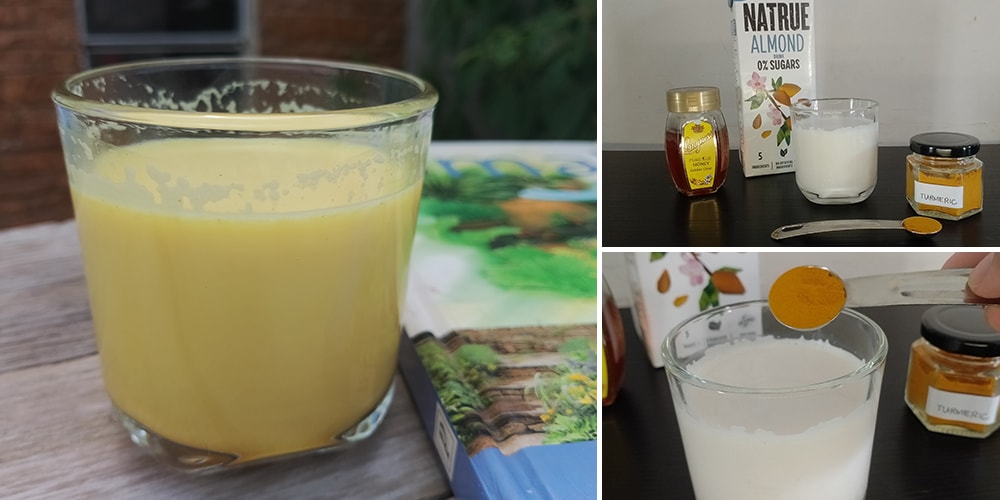
Heavy, Inflamed Legs? Drink This!
Have you ever had swollen legs after standing or sitting for a long time? It seems like your ankles and calf merged and the heavy feeling on your feet is too pressing. Sometimes, it creates funny dimples or dents on the surface when you push on your skin too. What is more annoying is the shooting pain that comes along with it.
Well, you are not alone. Inflamed leg conditions are a pretty common occurrence. It often happens during prolonged leg use but a majority of it tends to go away on its own.
What Causes Heavy and Inflamed Legs?
There are many different reasons why legs get swollen and it can happen to anyone at any time. To prevent it, avoid indulging in activities where you will sit or stand for a long period. Make it a habit to take breaks and elevate your legs whenever possible.
Hydration, exercise, a healthy diet, and limiting salt intake are also key in preventing leg inflammation. While taking supportive herbs, gentle massage with essential oils such as juniper, tea tree, and castor oil may also work.
Consult your doctor before taking any herbal remedies that may interfere with your current health conditions and drugs.
Puffy legs, most generally known as peripheral edema, are the buildup of fluid in the legs. It may also sometimes happen to the hands. A person with edema has stretched and swollen skin, puffed and painful legs, and dimples on the surface.
One of its most obvious causes is fluid retention. If you live an inactive lifestyle or are obese, it will decrease your blood circulation. Fluids can accumulate in the tissues and cause swelling. That is why it is very important to strive and achieve a healthy weight through a healthy diet and exercise.
If you stand or sit for too long, you will also notice leg swelling. It is due to gravity pulling liquid down your legs and feet.
Sometimes, inflamed legs are related to injury in the leg joints and tissues. People with rheumatoid arthritis and osteoarthritis understand the excruciating pain it can cause. A torn ligament, broken foot, sprain or bursitis also contribute to leg inflammation.
Inflamed legs and edema that need medical attention may relate to conditions like kidney failure, heart failure, and cirrhosis. Deep vein thrombosis, nephrotic syndrome, and thrombophlebitis are also some possible causes.
There are a dozen other reasons why legs swell. Some of these are nothing to worry about. However, there are leg swellings that are tell-tale signs of something serious.
If you have recurring leg swelling that lasts long and is accompanied by other symptoms, it is best to talk to your doctor. Your doctor can run tests to identify the cause of the leg inflammation and prescribe the appropriate medication.
Herbal Remedies for Inflamed Legs
Leg inflammation often clears away on its own. But there are simple home remedies that can help tame the swelling to reduce your suffering.
Most of these are readily available in your pantry. So, when an inflamed leg starts holding you back, reach out for any of these ingredients for relief.
Turmeric
Curcumin is valued for its ability to manage oxidative and inflammatory conditions. It is best for arthritis and exercise-induced muscle soreness. If you suffer leg inflammation as an after-effect of exercise, try taking turmeric to relax. Turmeric is not only effective when consumed internally but applying turmeric paste to the skin may also help relieve the leg affected by edema.
Dandelion
Herbal diuretics are the best alternative to over-the-counter medication for inflamed legs. Doctors may recommend remedies that contain ammonium and caffeine to reduce water retention. But, herbs like dandelion (Taraxacum officinale) are also as effective. Dandelion improves the secretion of hormones which increases sweating and urination. In turn, it gets rid of excess water and fat as well as removes harmful toxins. Dandelion is best for leg swelling caused by obesity. It also has an anti-inflammatory property for reducing leg muscle soreness and joint stiffness due to osteoarthritis.
Ginger
Its ability to regulate blood circulation is beneficial against deep vein thrombosis. It eases leg inflammation by preventing blood clots in the leg and relaxing the blood vessels in it. Ginger tea is effective in taming joint problems, tendon inflammation, and many types of arthritis. It may also alleviate leg pain caused by injuries and sprains.
Cayenne
Cayenne (Capsicum frutescens) is a hot spice that causes a slight burning sensation when applied to the skin. This is due to its capsaicin content lending it a very effective remedy in reducing inflammation. It alleviates nerve and joint pains related to rheumatoid arthritis, osteoarthritis, fibromyalgia, diabetic neuropathy in the legs and feet, and lower back pains. Adding cayenne to the diet may help resolve leg inflammation. It can be taken internally or applied topically to relieve swelling in different parts of the body.
Cranberry Juice
Leg inflammation caused by gout is due to the body’s overproduction of uric acid. A person with gout suffers from significant swelling of the legs. Increasing the excretion of uric acid and oxalic acid may help cure gout and leg inflammation. Cranberry juice is one of the most powerful botanicals known for treating urinary tract infections and uric acid excretion. It improves blood flow and circulation as well as eases the symptoms of osteoarthritis.
Pineapple
Pineapple (Ananus comosus) is also an effective fruit for urinary tract infections which can subsequently treat leg inflammation. It is a source of bromelain which increases the hormones that fight pain and swelling. Eating pineapple slows down blood clotting to regulate blood circulation and improve the blood flow to the legs. It is a low-calorie fruit that is a must-have in a healthy diet to help prevent overeating and also shed off excess pounds.
Coriander
Coriander (Coriandrum sativum) is a valued herbal remedy against metal poisoning. It may also help soothe leg inflammation with its analgesic and antipyretic properties. It is used as an herbal remedy for arthritis and other related pains. Coriander is a diuretic that is beneficial in stabilizing the creatinine level and uric acid. It enhances the urine flow to expel excess fluid and cure edema. Both coriander leaves and seeds are used as a remedy for reducing the puffiness of inflamed legs.
Nettle
Stinging nettle (Urtica dioica) is a plant that possesses a variety of healing properties. It is powerful against prostate enlargement and is also highly valuable for swollen feet and ankles. It has a diuretic action that effectively drains the excess fluid causing edema. Nettle also counters inflammation caused by muscle pain and joint stiffness. As a general health tonic, it helps the body achieve wellness by solving a plethora of health problems.
Green Tea
Green tea (Camellia sinensis) is not only a go-to beverage if you want to stay awake without the palpitations caused by coffee. In a research study conducted, researchers found that green tea also can shut down chronic inflammation. Green tea can alleviate leg inflammation caused by joint problems and osteoarthritis pain. It is an effective beverage for managing weight. It consequently treats inflamed legs caused by the wear and tear of bones as they bear the body’s weight.
Epsom Salt
Although not technically an herb, Epsom salt is widely used for treating inflammation. Epsom salt or magnesium sulfate is an inorganic salt used as a bath dunk. Adding Epsom salt to bath water and soaking in it can ease sprains, bruises, inflammations, and pains. You can try adding ½ cup of Epsom salt to a bucket of warm water and use it as a foot soak. Immerse your feet in the bucket for about 10 to 15 minutes to alleviate inflamed legs.
Tonic for Heavy and Inflamed Legs
In this recipe, we will use turmeric for idiopathic causes of leg swelling. Idiopathic means the condition arises spontaneously but with an unknown cause. Turmeric fights a wide range of health maladies and you can use it internally and topically.
This is a very simple recipe you can whisk in under a minute but works wonders on your leg swelling problem.
Turmeric Milk Recipe
Ingredients:
- 1 glass of plant- based milk of choice
- 1 tsp turmeric powder
- a pinch of black pepper
- Honey, optional
Steps:
- Prepare a glass of warm milk and dissolve the turmeric powder in it.

- Add some pepper. Sweeten with honey if desired, and consume immediately. Drink a glass twice a day for two weeks or until the edema and pain disappear.

Topical Substitute: You can also prepare turmeric paste by mixing the powder with a few drops of water. Apply the paste on the swollen area in the morning and at night.

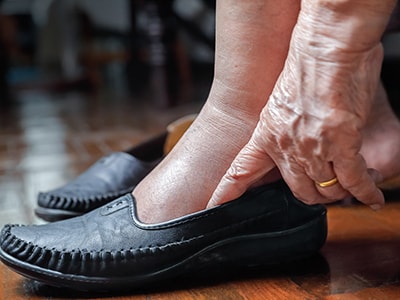


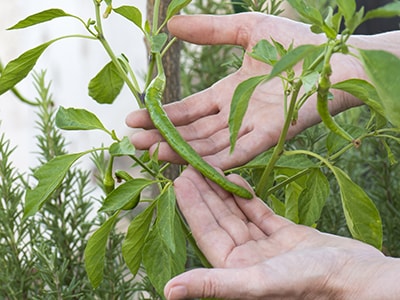
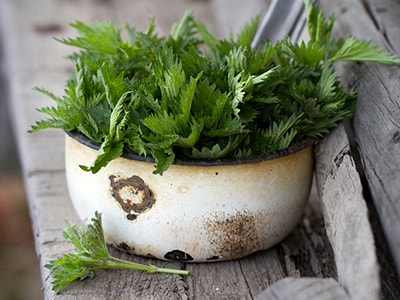
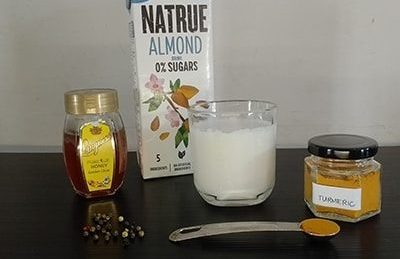
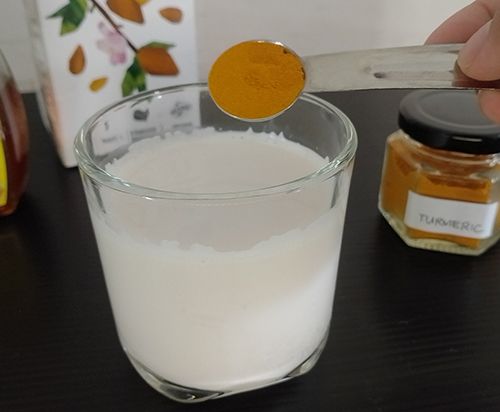
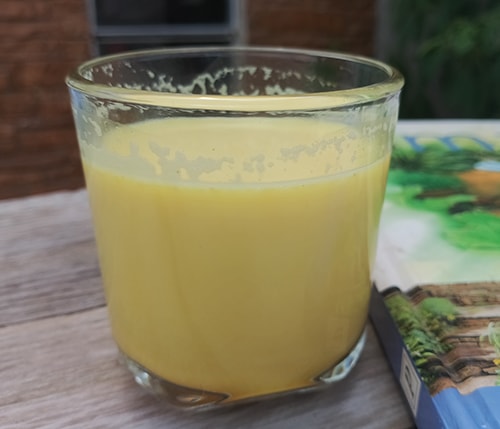
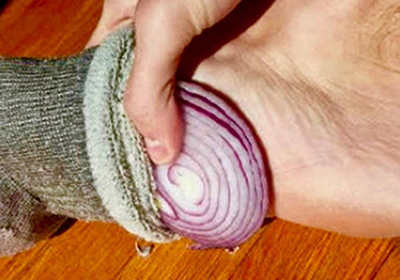
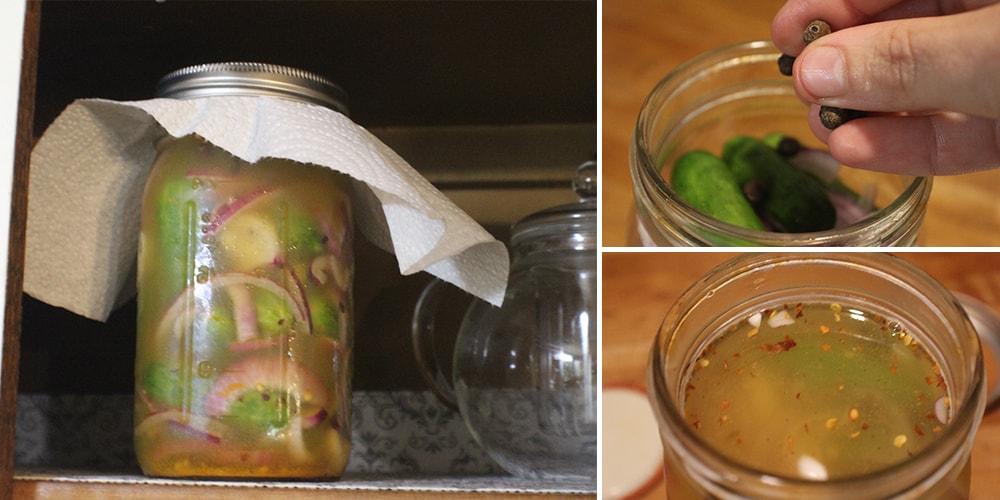
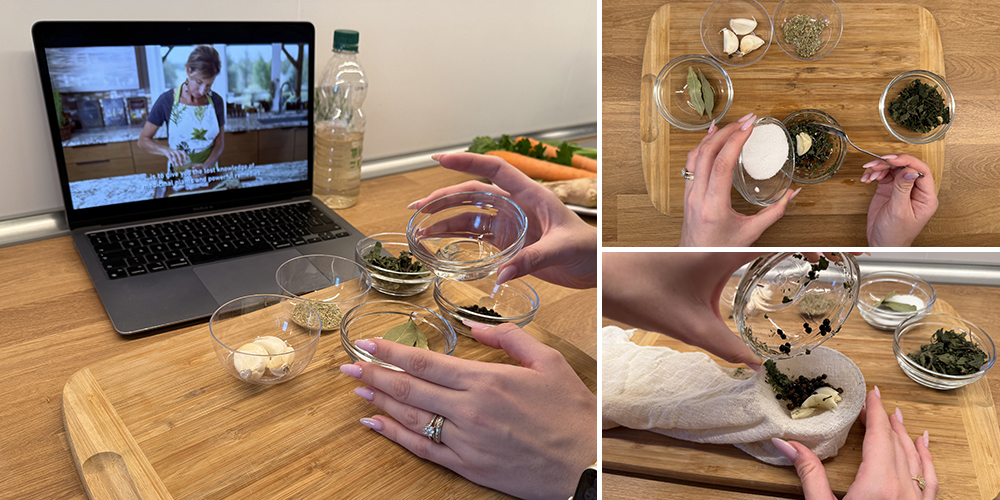
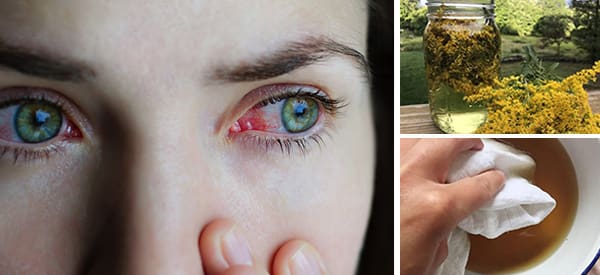
My Grandmother had this problem. She struggled with “puffy feet” for years. For her, an herbal remedy she was able to obtain from health food stores called Horse Chestnut Root worked miracles. I hope this information can help someone.
I’ll try it thank you!!